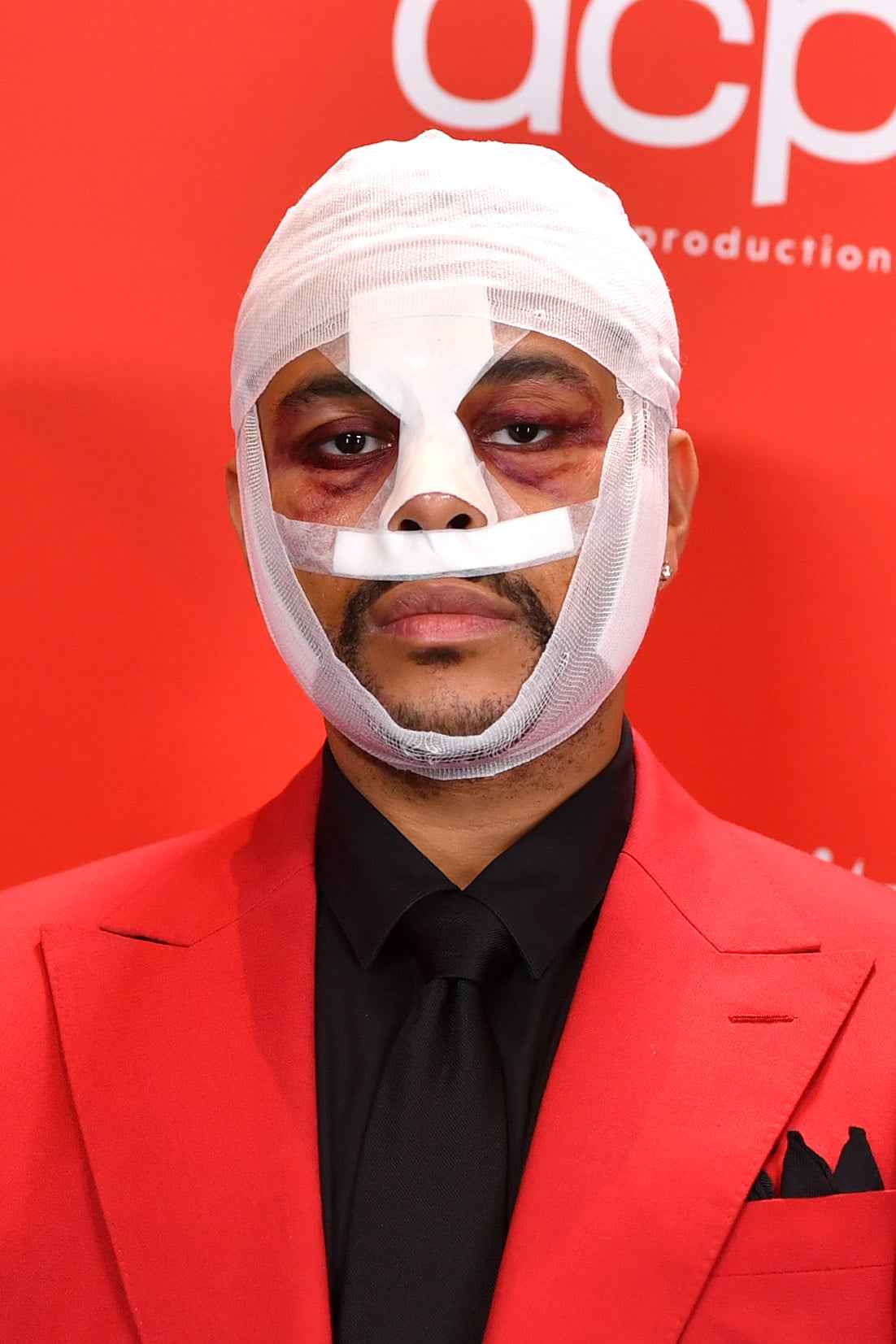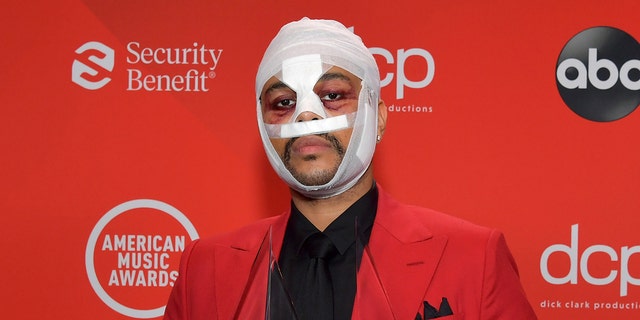
They’re willing to expose themselves in increasingly invasive ways – whether it’s through social media or reality television – because they want to exploit the symbiotic relationship between media exposure, wealth and power.īut other celebrities, like Lady Gaga, have been forthright about the ways in which fame has harmed their mental health.

Some celebrities, like the Kardashians, lean into it. When their privacy is invaded, it’s simply shrugged off as coming with the territory. David Marshall has written about the ways in which the public assumes celebrities are automatically open to – or deserving of – scrutiny thanks to their fame. Fans feel entitled to access all aspects of their personal lives – even their bodies.Ĭommunication scholar P. In the celebrity culture of late capitalism, however, artists are finding it more and more difficult to separate themselves from their art: The show continues after the work has been published or the performance has concluded. People love musical performances – or art, more generally – because it’s pleasurable to soak in the talented work of other people. The racial dynamics of the video are hard to miss: The women seem to exoticize Blackness and reduce the body parts of two Black men to objects that give them pleasure. Two wealthy white women with bandaged heads find his severed head and swoon over it, before deciding to murder a Black male stripper so they can attach The Weeknd’s head onto that muscular body. In his most violent music video to date – for the song “ Too Late” – the themes of plastic surgery and fandom collide. It’s more a commentary on how his celebrity status makes him vulnerable to a prying gaze at all times. It’s not that he fears his fans will hurt him. In both cases, he seems to be comparing fandom to an unsettling loss of privacy, one where his very safety is at stake. In all the videos, people are constantly watching him, whether it’s the crowd of stiff, masked fans in the “ Save Your Tears” music video or the frantic crowd reaching out to grab him as he tries to escape at the end of “ Until I Bleed Out.”

However, another key emerges in the videos from the “After Hours” album. Thompson, played by Johnny Depp, often hallucinates or spirals out of control. He’s noted that, when scripting his music videos for “After Hours,” he was inspired by the film “Fear and Loathing in Las Vegas,” in which writer Hunter S.

Initially, I’d assumed the bruises and bandages were a metaphor for The Weeknd’s struggle with drug addiction, a topic he has long explored in his music. When those bandages came off for the “Save Your Tears” music video, a face disfigured by excessive plastic surgery was revealed – a carefully constructed visage created using makeup and prostheses that made him nearly unrecognizable.Īs an anthropologist who has been analyzing the societal implications of plastic surgery for over 15 years, I was struck by The Weeknd’s use of this medical practice. He took the performance a step further at the 2020 American Music Awards, showing up with his whole head covered in bandages, which worried some fans who assumed the they were real.


 0 kommentar(er)
0 kommentar(er)
